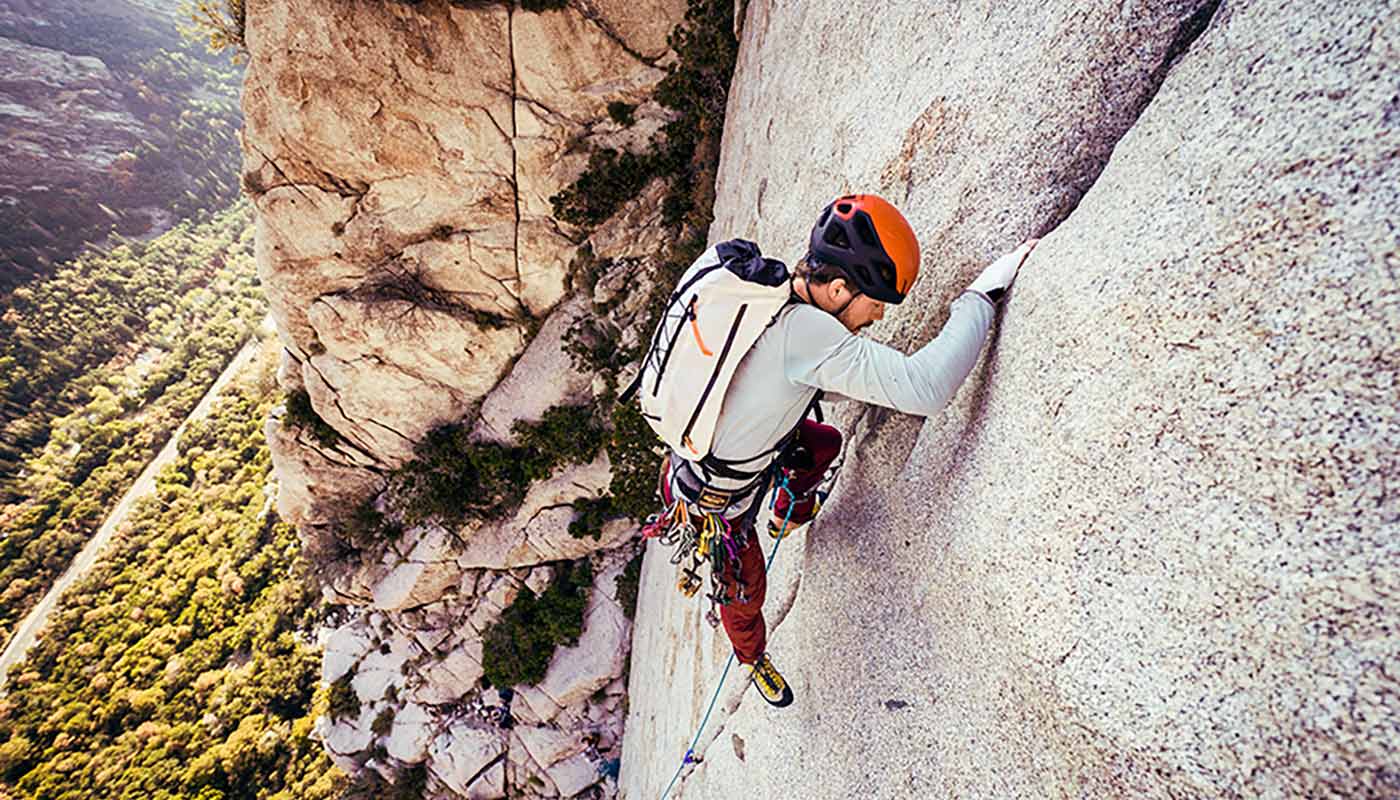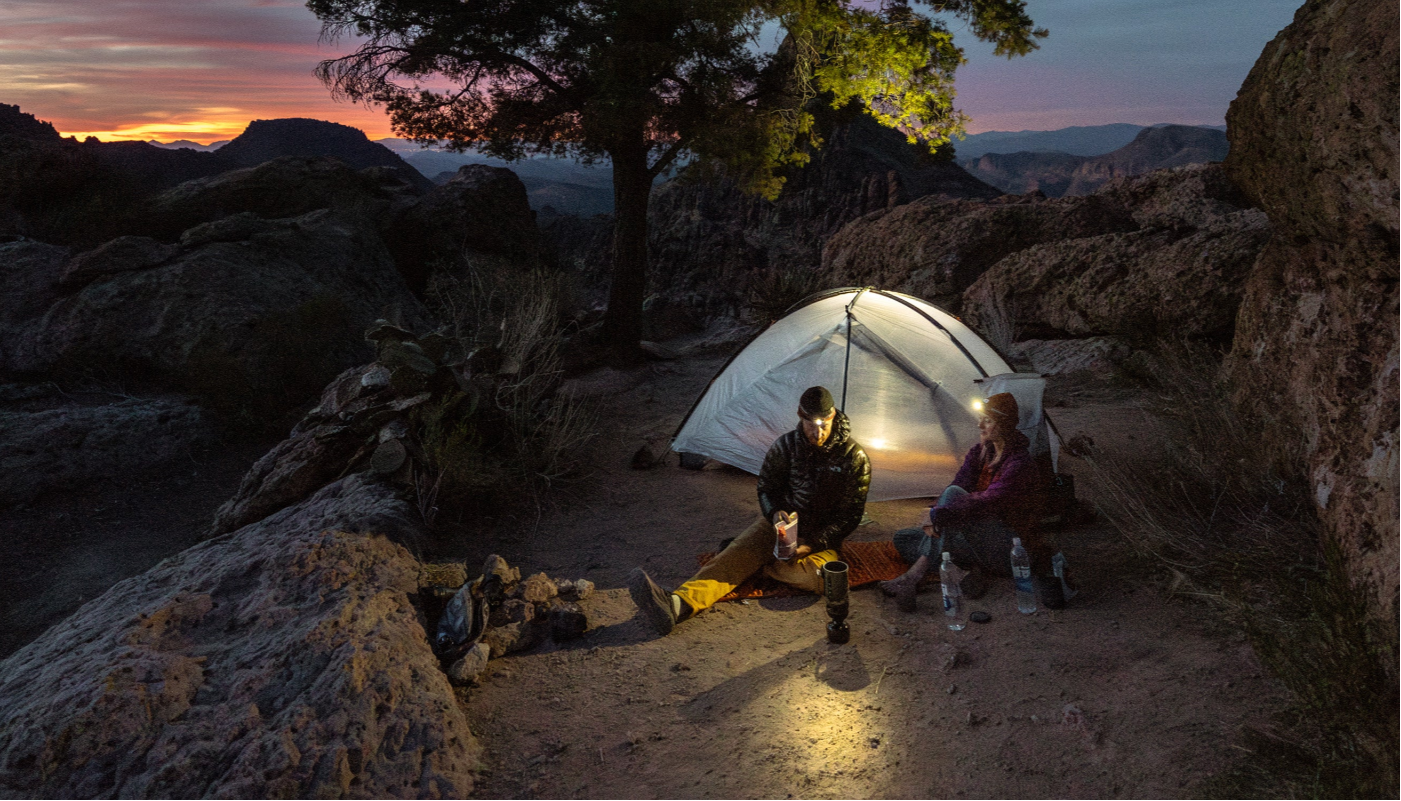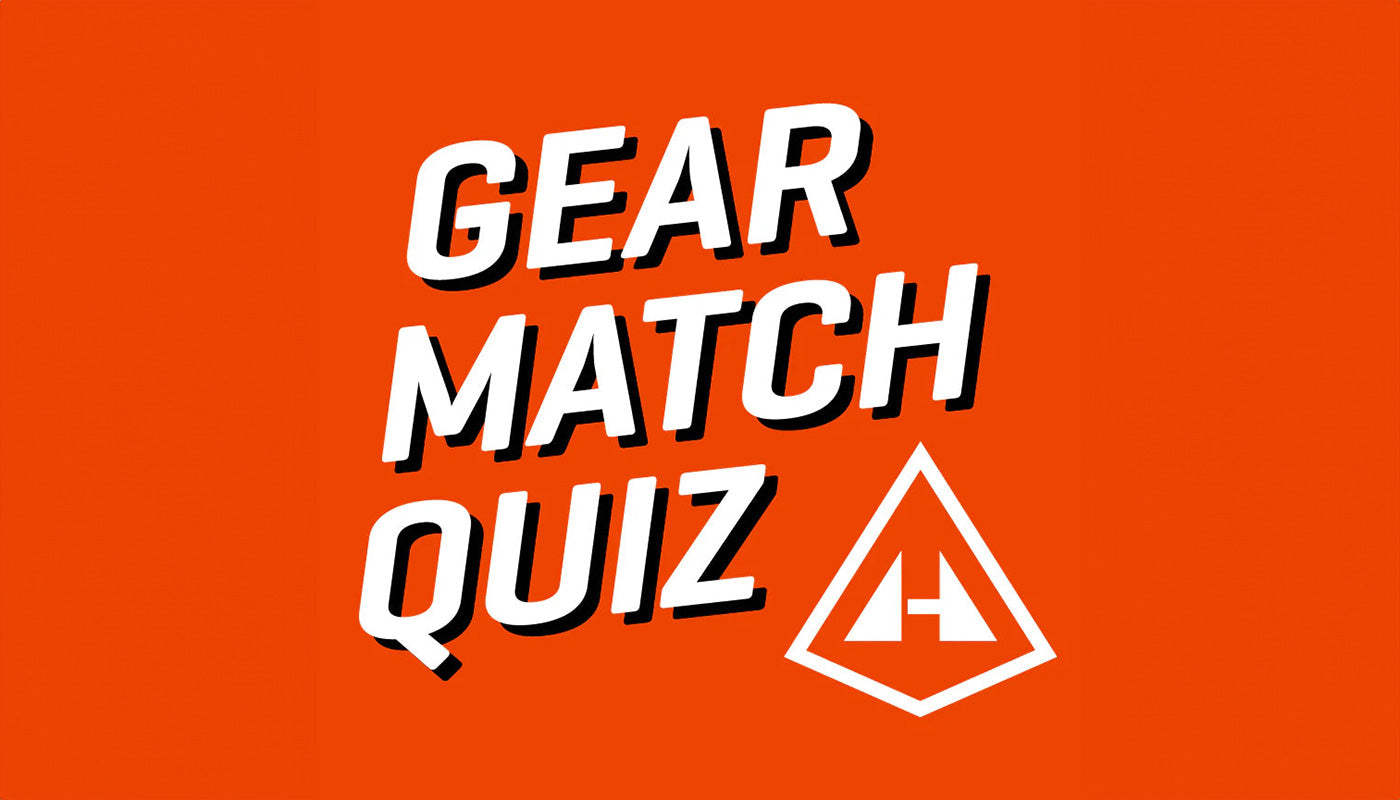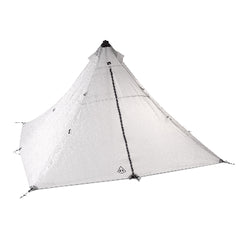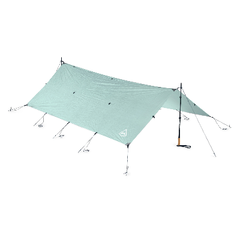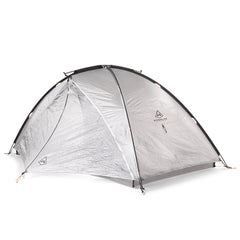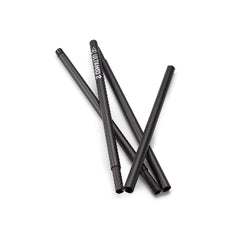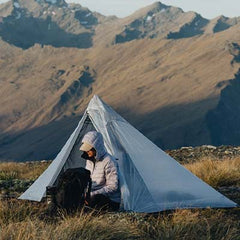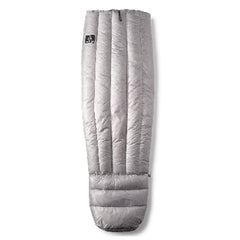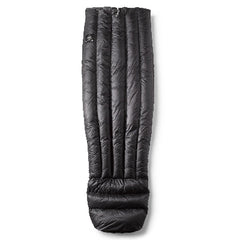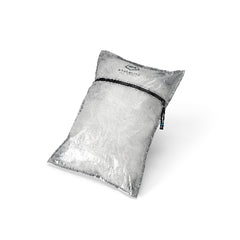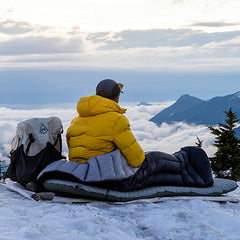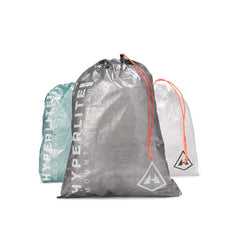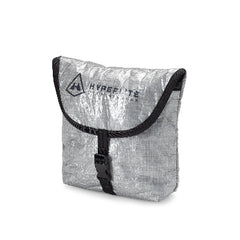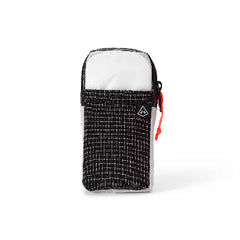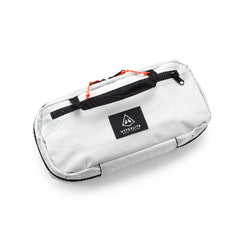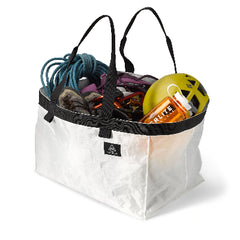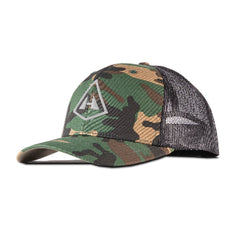Words by Diana Davis, Photos by Brett Davis

“I don’t like to suffer just to suffer,” a friend told me on a particularly long hill climb. Bikes heavy with gear, hot sun bearing down. The huff and puff of exertion echoing through the otherwise quiet land.
“I guess it all depends on your perception of suffering.” I replied. My gaze, now drifting across the amber canyon walls, my respiration rate higher, but the air fresher out here in the wild.

My bike is heavier now compared to a day ride, but I’m packed minimally. Just the essentials. Yeah, I’m tired when I push my bike up and over a rugged peak. I’m ready for time off the bike and out of my shammies by the end of each day. But am I truly suffering?
Sufferfest. Type II fun. Burly. These are a few of the descriptors often used on trips I frequent with my adventure partner and husband. But what do all these suffering designations really mean? Do they reflect the trips we take?

If I am tired, stressed, lethargic, or a little depressed, I may struggle to motivate, but eventually, I get myself outside. And I feel better. I go for a hike, a bike ride, paddle a river, or just sit under a tree. The air is real.
The light is real. I start to feel renewed.

Ever watch people on their phones? Swiping. Scrolling. Posting. Trolling. There is a vacancy there. You can see it in the eyes, a little glazed–or in that slumped posture of listless bodies.
It looks like suffering to me.
I started to wonder, what if society normalizes so many unhealthy practices that, by comparison, daily human-powered exploration seems extreme and brutal?

Ever watched people after an endurance race? Pure exhaustion. Sometimes tears. Sometimes collapsing across the finish line. But moments later? Laughter. Hugs. High fives. Congratulations and expressions of elation and accomplishment.
I ride my bike for seven to ten hours a day on a bikepacking trip. So extreme. I binge watch an entire season in a weekend. So normal. Which one gives me muscles, energy, and a sense of satisfaction?
When I get sucked into my phone for a few minutes or an hour, I never feel energized after doing so. When I’m away from the modern conveniences and simultaneous intrusions of our typical tech-ridden daily lives, I feel better.

It doesn’t need to be extreme. It can be choosing a loop with a few more hills rather than the flat, easy one. Harder doesn’t always equal suffering. Maybe it has something to do with a sense of accomplishment. Do I have something to show for it? Not necessarily a trophy but an interesting story, a fun memory, or just a positive feeling. Did my mood change? Did I grow, learn, explore, laugh, engage?

When I think of suffering, I think of a sense of detraction. An experience or situation that harms, one that creates loss. On any level, from a day hike in our local mountains to an eight-week challenging bikepacking journey, for me, time spent outdoors is enhancing and healing. It creates well-being. It brings about that sense of energy–that unique, exhilarating feeling of being alive. To me, that’s the opposite of suffering.
As I reach the top of the climb, I can already see the silhouette of the next. I know what makes me feel alive. This serene yet rugged land offers a respite from the world that depletes me. It’s a constant reminder to find and create what sustains real life–even if others label it a sufferfest.

